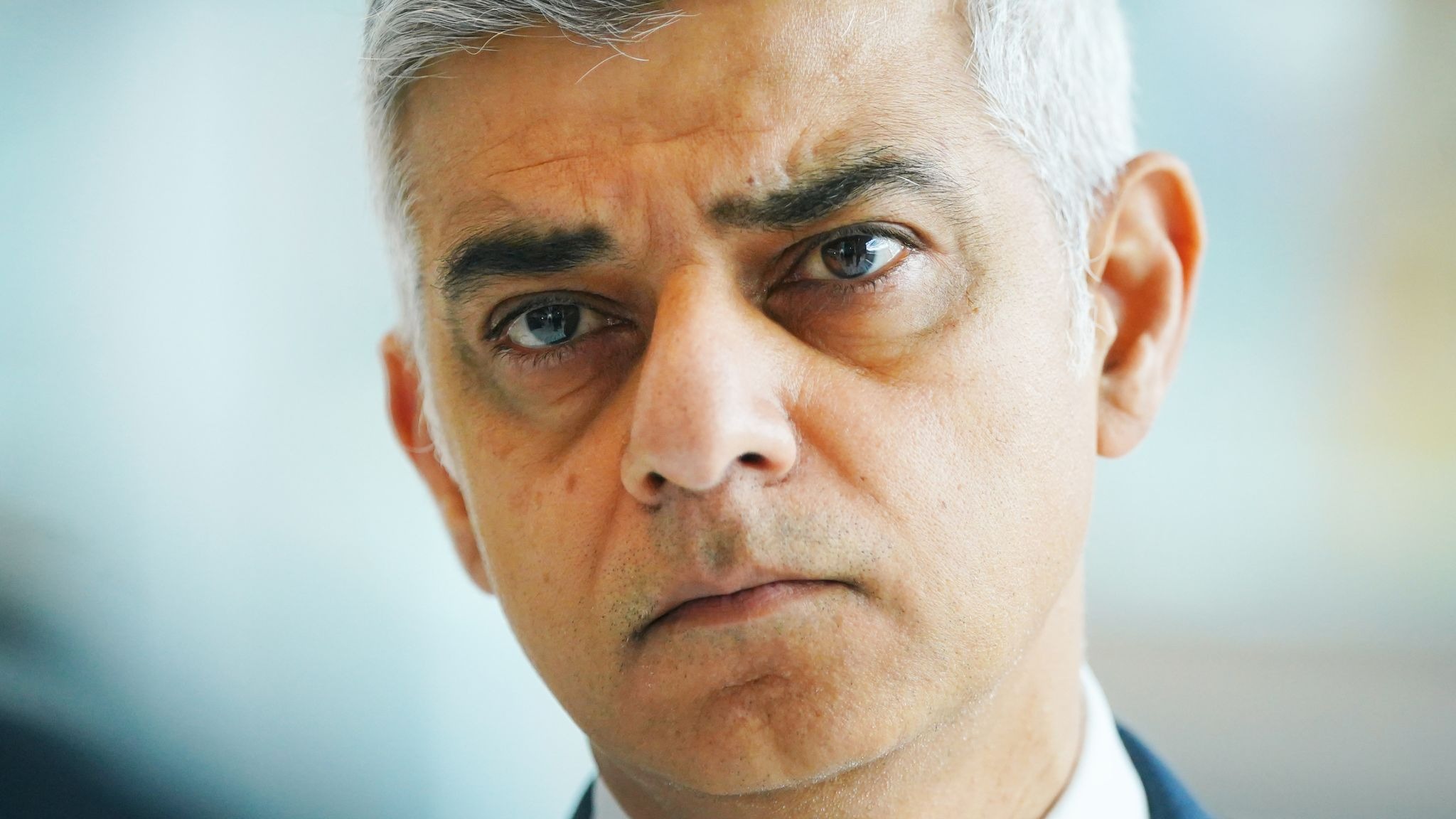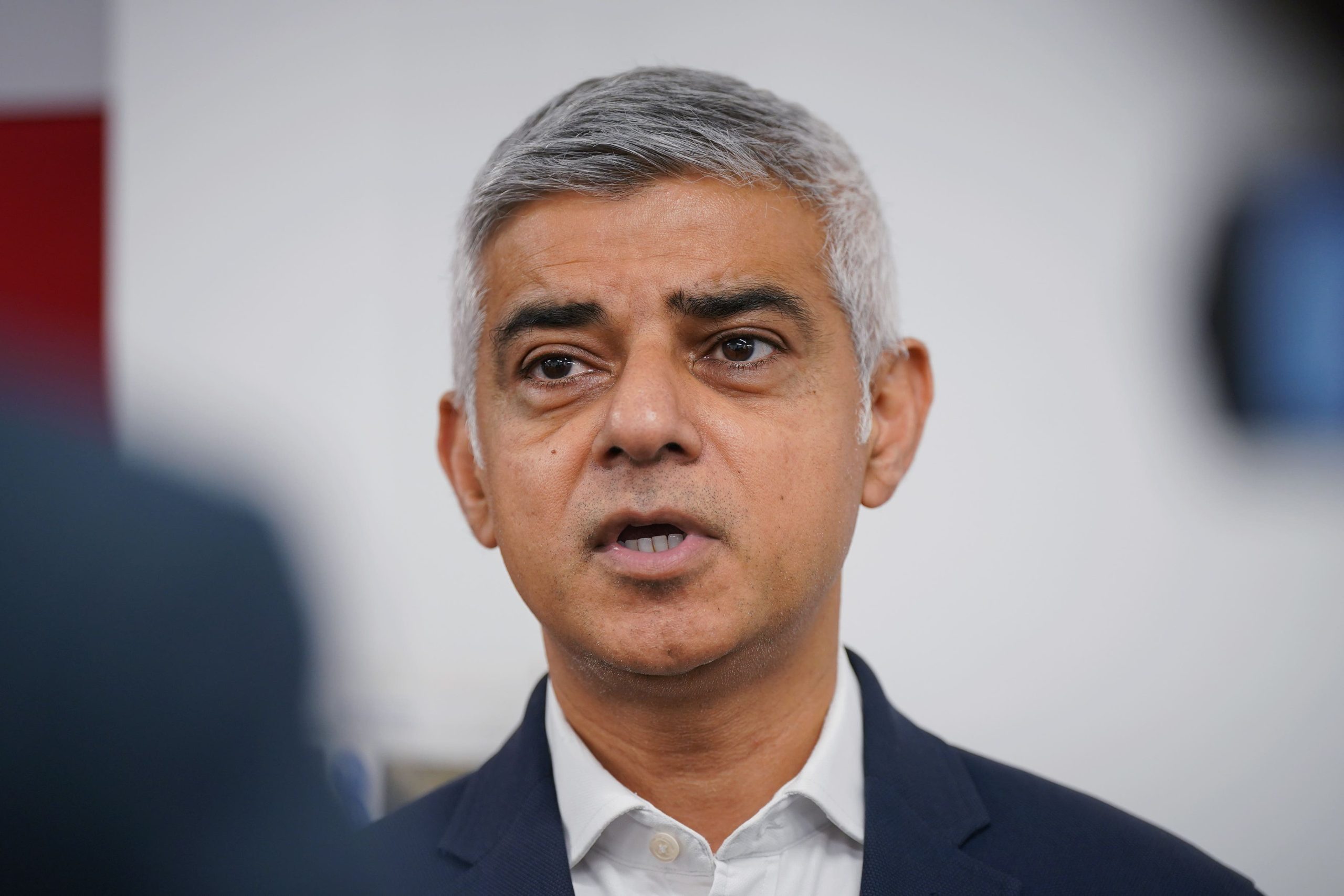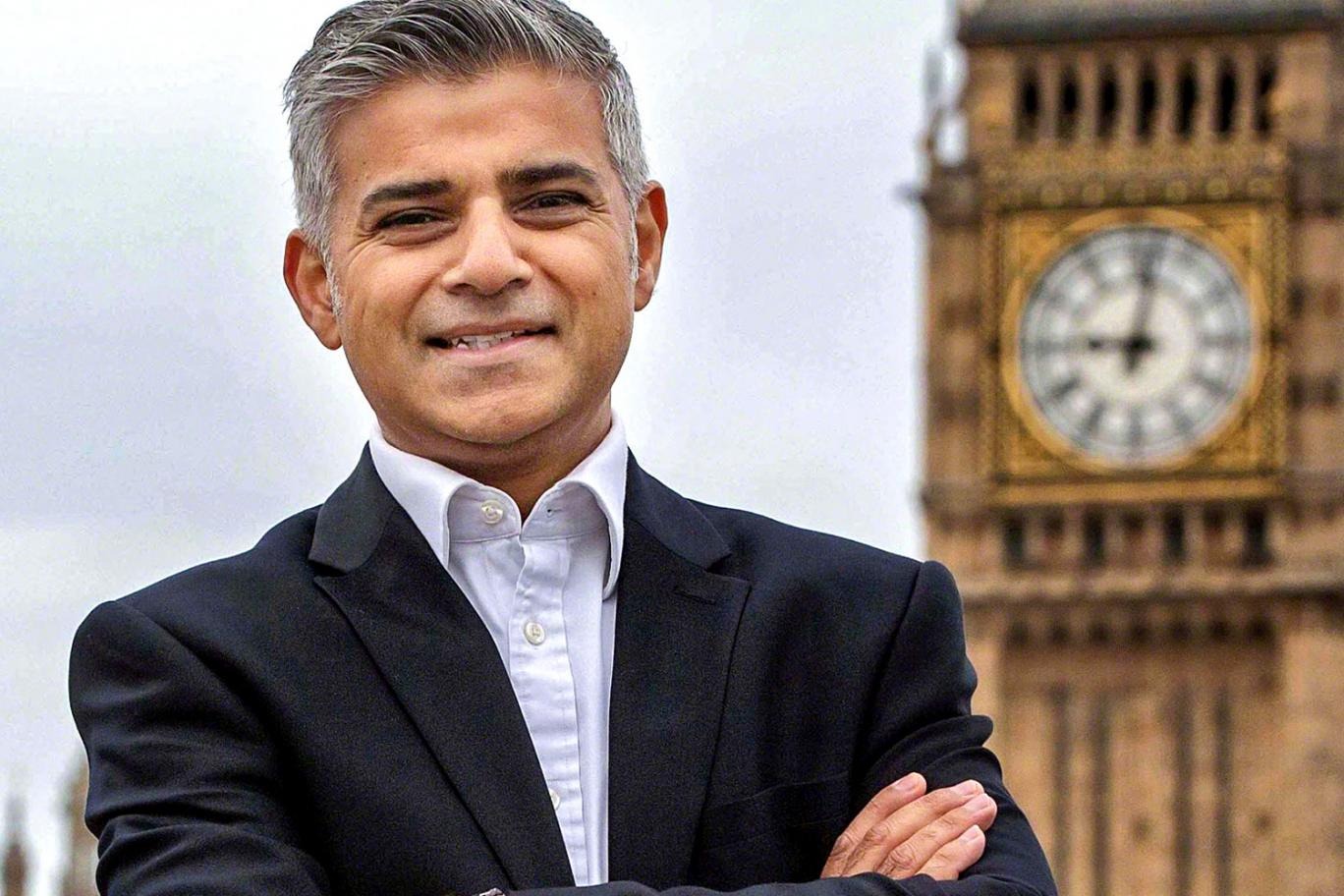The city has a big problem: more affordable housing, places for people to enjoy, and jobs. But politicians are cautious about the solution. The government and Sadiq Khan, the Mayor of London, disagree about the city’s development plan.
This argument might change things for the upcoming City Hall election. Michael Gove, a Conservative minister, chose the time of his criticism of Khan’s plan to coincide with Khan’s campaign for re-election.
While Khan promised to build 40,000 more homes run by the council, Gove told him to review parts of the plan that he thinks are stopping enough new homes from being built. Gove says policies to protect industrial areas and improve “Opportunity Areas” are getting in the way of development.

Sadiq Khan: London mayor (Credits: Sky News)
Gove’s review came after his previous attempt to get more homes built on previously used “brownfield” land didn’t work out as planned. However, with a six-month deadline and a general plan review already happening, this new move won’t change much in housing delivery anytime soon.
Khan thinks Gove’s criticism is more about the election than really trying to fix the plan. He argues that he’s met the government’s requirements for starting 116,000 affordable homes between 2016 and 2023, including many council homes.
But the London Plan and how future mayors might change it are important. It’s the main tool a Mayor uses to decide what gets built in the city and where. Boroughs must follow its rules, which affect decisions about planning applications.
Like those before him, Khan’s plan tries to deal with the city’s growing population and encourages “good growth”—socially, economically, and environmentally friendly development.
Khan admits that London still needs to build more homes. He says a plan review should focus on creating more affordable homes. Gove’s experts say the current plan has too many rules, making building on brownfield sites difficult. They say these rules cost too much for developers.

Sadiq Khan (Credits: The Independent)
The Conservative candidate for mayor, Susan Hall, wants to change the plan to make building family homes on brownfield sites easier. The Liberal Democrat candidate, Rob Blackie, promises to support building more homes.
Whoever wins the election will likely update the plan. But there are big questions for the candidates. For example, there’s not enough brownfield land for development. And the areas Gove wants to develop are the hardest to build on.
It’s expensive and complicated, and building affordable homes there might not make financial sense. Will the candidates compromise on their plans for “good growth”?
London also needs its industrial areas for jobs. After losing many of these sites in the past, losing more could harm the city’s economy. Will the candidates consider moving these jobs out of the city?
Most importantly, will any candidate acknowledge that London’s housing needs can only be met using brownfield and greenfield land? Will they be willing to address the controversial issue of building on the Green Belt?























